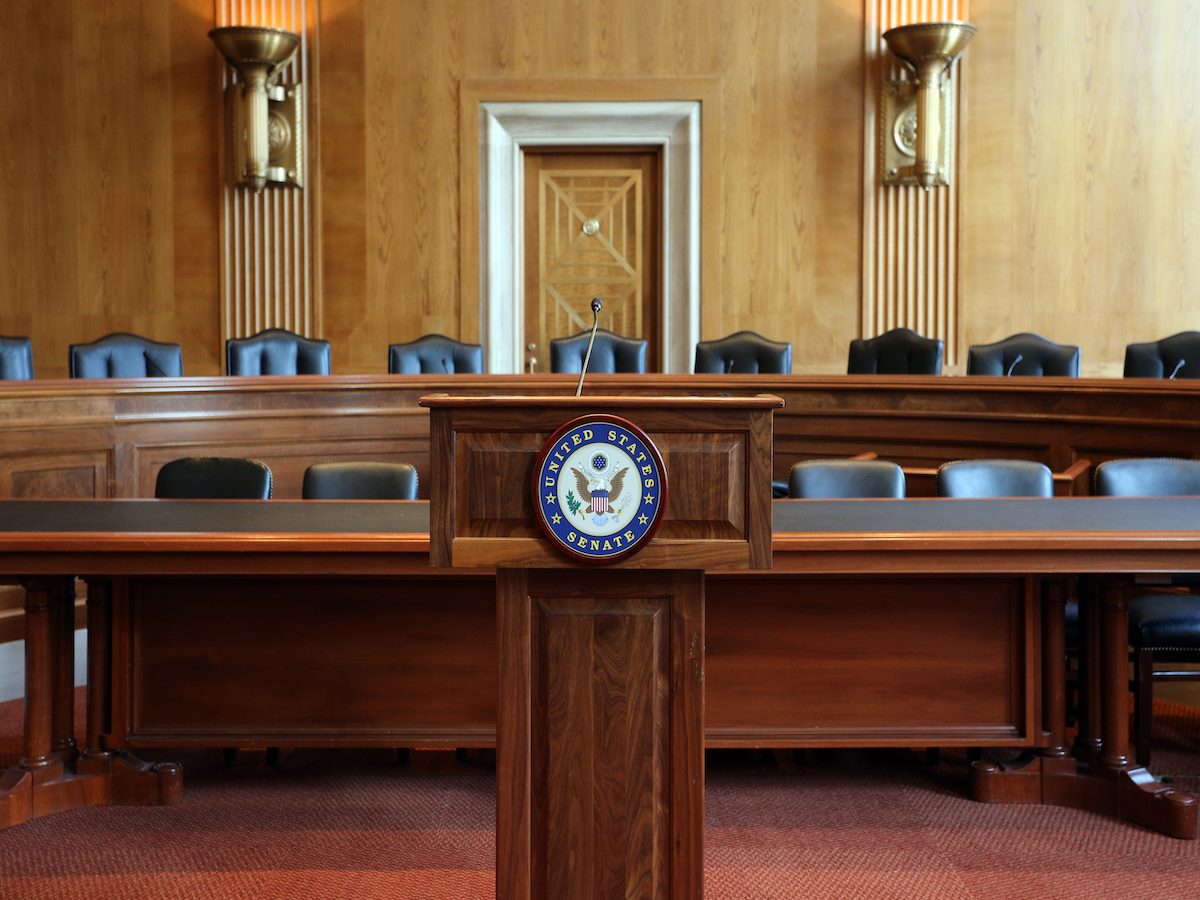Last week, the CEOs of OpenAI, Microsoft and AMD sat before the US Senate, not to warn of AI's risks to the public (lately their favorite straw man distraction topic), but to ask taxpayers for help keeping them globally competitive. These are the very same executives who champion deregulation, offshore labor and tax minimization who now want public funds to build data centers, expand infrastructure and train workers.
Those CEOs, and many of their kin and kith in the industry, who regularly extol the invisible hand of the free market with every panel appearance and quarterly earnings call, are suddenly dropping to their knees before the State when faced with a real, bona fide competitor — China. These self-anointed champions of innovation — who spend their days offshoring jobs, evading taxes through shell games, busting unions and bending rules with armies of lawyers — now plead for taxpayer-funded infrastructure, export license flexibility and workforce training.
Let’s call it what it is: a corporate welfare tour in the language of national security.
Who's Really Picking Up the Tab?
They say that we must build more data centers and power stations to "compete" with China. But who will pay? You, the taxpayer, is the one who will pay. The same taxpayer whose children's schools lack funding, whose roads are crumbling and whose water pipes are aging past the point of safety. Meanwhile, Microsoft books profits in Bermuda. AMD exploits every tax loophole available. And Amazon cracks down on its unionizing workers. OpenAI, once a nonprofit aimed at public benefit, is now a greedy, for-profit behemoth embedded in one of the wealthiest corporations on Earth.
They say AI is the battleground of civilization — too important to be left to chance. Fine. But when it comes to sharing profits, expanding ownership or ensuring fair labor standards, they suddenly chant in unison: “Let the market decide!”
They shelter their riches offshore, then turn around and ask Congress for onshore subsidies. They call for deregulation when it concerns consumer rights, antitrust law or the rights of workers to organize, but aggressively demand regulation to block their foreign rivals. Their hands clutch the flag only when it shields them from global competition. The rest of the time, it’s shoved in a drawer in a closet in the basement so they can move faster.
And let’s not forget their gall in trying to frame their corporate self-interest as the defense of “democratic values.” This is not about democracy. Not by a long shot. This is about dominance. If these business leaders and their fans in Congress cared one iota about democracy, they wouldn’t be designing opaque AI systems that concentrate power and data into fewer and fewer hands. They wouldn’t be lobbying to strip away consumer protections or silence ethical whistleblowers. They wouldn’t be building organizations that optimize profit over people.
Related Article: Tech Leaders Warn: US Must Act Fast to Win the Global AI Race
When the Game Is Stacked
These CEOs are not free-market champions. They are empire builders, constructing castles on foundations built by the public, then installing moats to keep that public out. They certainly don’t want a level playing field. They want a field tilted by government policy in their favor, funded by your labor and your taxes, but guarded by their lawyers and guarded from your oversight.
The rationality they claim to represent — the clean logic of engineering and competition — is a mask. Beneath it lies the same irrational drive that has plagued empires throughout history: take more than you give, justify it with slogans and call it progress.
Enough. If we are to invest in infrastructure, let it be public. If we are to train workers, let the benefits be widely shared. And if we are to resist authoritarianism abroad, let us begin by dismantling the creeping corporate authoritarianism at home.
America doesn’t need a race to the bottom disguised as a race to the top. It needs justice. And it’s about time we remembered what that word means.
Learn how you can join our contributor community.
